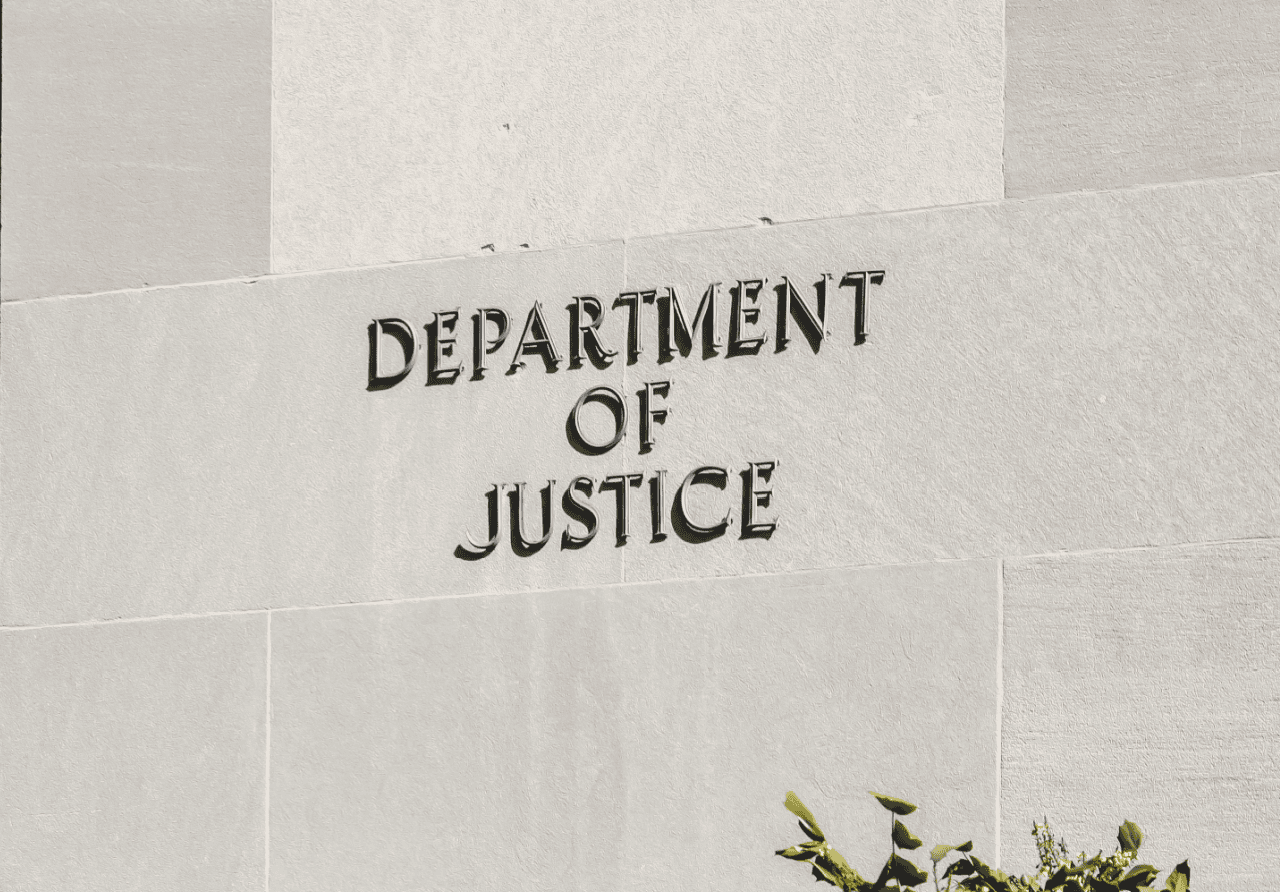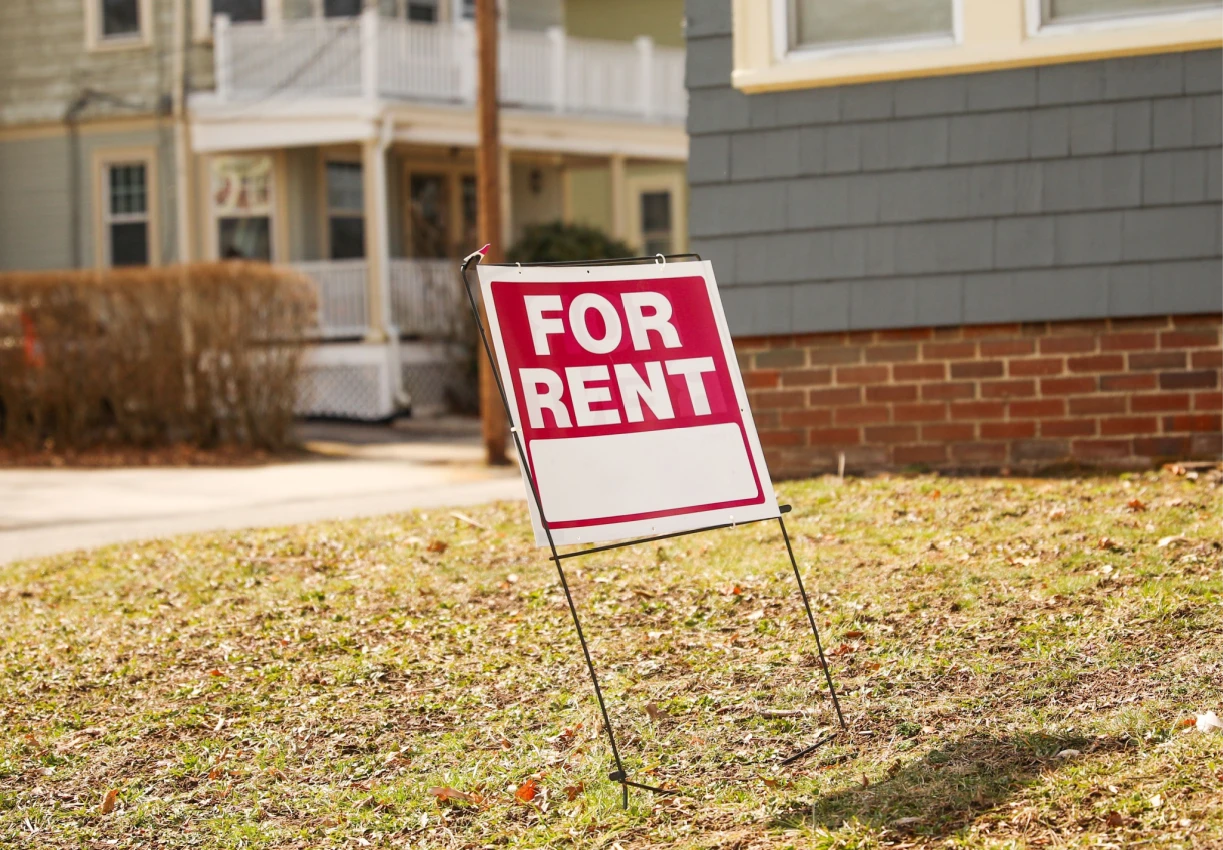
DOJ Sues Landlords Over Banning Tenants with Felonies
The U.S. Department of Justice has sued the owners and managers of an apartment complex for discriminating against Black tenants over felony and criminal history background checks, according to a release.
The suit alleges that Suburban Heights Apartments near St. Louis “engaged in a pattern or practice of race and/or color discrimination against prospective Black tenants by banning tenants with any past felony conviction and certain other criminal histories, in violation of the Fair Housing Act.” The felony ban was in place regardless of how old the felony was or the nature of the offense, the suit says.
The complaint was filed in the U.S. District Court for the Eastern District of Missouri and alleges that, during their respective periods of ownership or management of the property from at least November 2015 to January 2024, “the defendants publicized and enforced a categorical ban on tenants with felony convictions and certain other criminal histories, regardless of how long ago the conviction occurred.
Screen Your Tenant Today!
Gain peace of mind with AAOA’s credit, criminal, and eviction reports.
“This policy excluded prospective tenants based on their criminal histories, which are known to have significant racial disparities, and which are not accurate proxies for actual underlying criminal activity nor reliable predictors of future criminal activity. By choosing to use that policy, the defendants likely deterred prospective Black tenants from applying to rent and excluded them from housing opportunities at Suburban Heights Apartments,” the Justice Department says in the release.
Suburban Heights is a residential multifamily-rental apartment complex located at 5512 Mable Ave. in Kinloch, Missouri. It contains approximately 102 rental units in six two-story buildings.
“Rental-property owners and managers that ban tenants with a criminal history risk running afoul of the Fair Housing Act,” said Assistant Attorney General Kristen Clarke of the Justice Department’s Civil Rights Division in the release. “This lawsuit should send a clear message to housing providers that certain criminal-history bans on people seeking to put a roof over their heads are not just unfair but unlawful.”
The allegations were based, in part, on evidence generated by the department’s Fair Housing Testing Program, in which individuals pose as prospective renters to gather information about possible discriminatory practices.
The lawsuit seeks monetary damages to remedy the harms caused by the defendants’ policy, a civil penalty to vindicate the public interest, and a court order barring future discrimination.
Source: Rental Housing Journal















 Accessibility
Accessibility